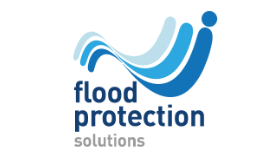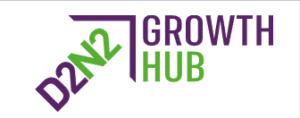Blog
What the Google Panda Update is likely to mean for your website ranking
There is strong speculation that the Google Panda update is to hit the UK search rankings this week having been launched in the US a few weeks ago.
Almost 12% of US websites were effected by this major change to the Google Algorithm.
The main focus of the panda update is poor quality links into your website.
Previously Google had a neutral view of poor links into websites, in that it had no positive effect on your Google ranking. However it DID have a mostly positive effect on your Bing & Yahoo rankings – which meant that if you had built 100’s of links for a fairly major key phrases, you could get quite an increase in traffic to your website – which in turn filtered through to your Google rankings, as Google saw an increase in your website visitor numbers (and popularity of your website is one of the ranking factors in the algorithm).
So what are poor links?
These are links that point to your website from other websites or article sites that either have no relevance to your industry or service, or worse, websites that have been created with the sole intention of providing a “link farm” back to hundreds of other sites.
Sites were created that had an “add url” option which were exploited by “link building companies” – meaning literally hundreds of meaningless links were being created back to websites they had been “assigned” to create good quality links for. These are very likely to get “caned” as the expression goes!!
So what can you do?
Firstly – check your site to see what links are actually pointing to your website. Probably the most accurate checker is the site explorer by Yahoo as this will often find more links to your website than trying Google’s search (which is link:websiteaddress without the www).
Secondly – if you haven’t got access to or haven’t installed Google Webmaster tools – then do this immediately as you will often see the links that Google can see (but don’t show up in the normal Google Link search mentioned above).
Thirdly – if you find links that are not relevant, or are part of a huge page of links to everyone under the sun – get them removed as quickly as possible. This can be done by trying to contact the website owner and asking them to remove them with immediate effect.
Fourthly – Keep a look out for your website showing on “fake blogs” – these are blogs that have been created solely to put a link into the editorial content of the blog (as these were seen more favourably by Google) – the easiest way to spot these is to look at some of the other blog posts – often you will see these are almost identical across several blog sites despite “supposedly” being about completely different subjects.
Links are meant to be useful to human beings – they are suppose to “add value” to a blog post by pointing people through to more information about a particular service (that they might be interested in when reading the blog), or they can be used to help people to navigate around your website whilst reading your content. Equally that can appear on industry relevant sites that people may have come across and might want more information on the type of work your company does.
They are NOT meant to be random, useless or add no value to a human being – and Google is doing something about these. It is about time IMHO as the good Search Engine Optimisation companies and consultants have often been hampered by some of these practices.
Categories +
- Blog
- Blogging
- Fun Friday
- Google AdWords
- Google Analytics
- Google Data Studio
- Google Webmaster Tools
- Online Marketing
- Projects
- Search Engine Optimisation
- Social Media
- Social Networking
- Star Wars
- YouTube
Get in touch
If you have any questions or if your website needs optimising to reach your target audience, contact me on the below:











































